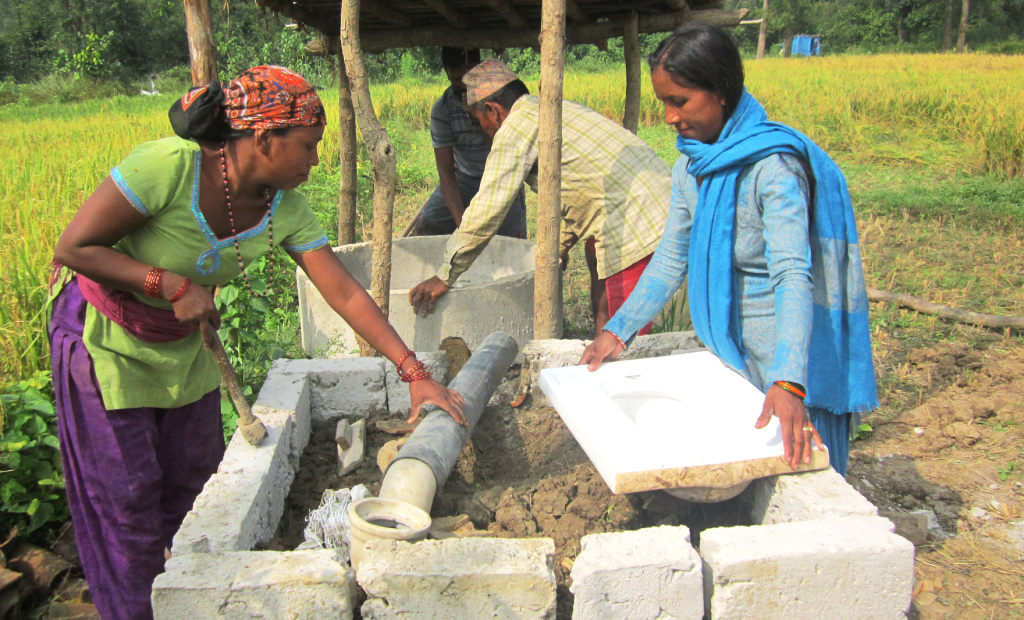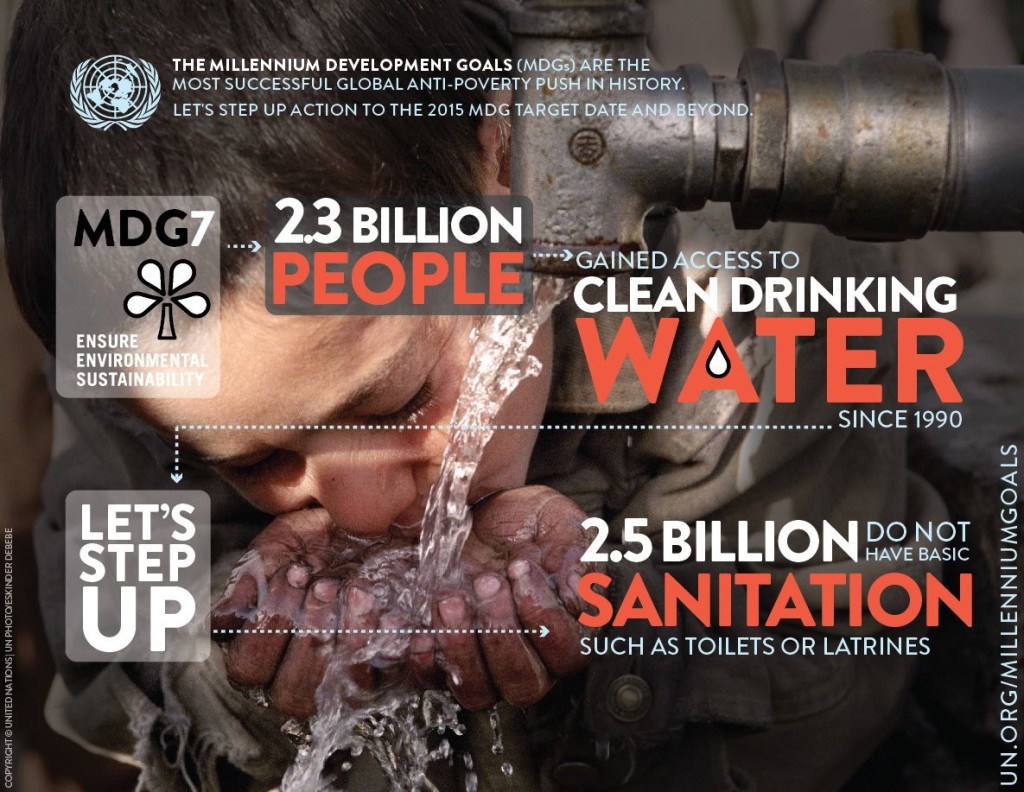“Useful & Relevant” – S&C Crafts M&E for Global Public Health

Providing safe sanitation and improving hygiene practices goes far beyond improving a person’s health. Better health means that people spend more time on income generating activities, children miss fewer days of school due to illness, and women have more opportunity in professional and public life. Despite these clear benefits, it is estimated that over 30% percent of the world’s population still don’t have access to improved sanitation.
Schaffer&Combs is now completing a project to analyze and improve monitoring and evaluation for a global, UN funded water and sanitation effort. The Water Supply & Sanitation Collaborative Council (WSSCC), housed in the United Nations Office for Project Services (UNOPS), uses its Global Sanitation Fund (GSF) to raise and distribute funds to help large numbers of poor and vulnerable people attain sanitation, and adopt good hygiene practices. The GSF currently funds 5-year programs in 13 countries in Asia and Africa seeking to promote improved sanitation and hygiene, eliminating open defecation.
How does the GSF, or any organization for that matter, know that its efforts are successful? The answer lies in creating a monitoring and evaluation system that is useful and relevant to all stakeholders—from the communities on the ground up to the highest level of funders and administrators—and allows for learning and scaling of successful practices. Monitoring and evaluation are continuous processes that are embedded an organization’s program strategy, and they also need regular examination to make sure they are reliable and meet stakeholders’ needs.

S&C director Michele Messina is leading a team (S&C’s Sarah Nichols, Jimmy Chen, and Kristof Bostoen of Monitoring4Change) to review the GSF’s monitoring and evaluation system. As the first round of grantees complete their initial programs, it is a crucial time to analyze the M&E processes, learn what works and what does not, and to make adaptations and improvements for future grantees.
So far, this effort included two site visits to Cambodia and Madagascar, and interviews with implementing partners in thirteen other countries. This primary research has provided important insights about the M&E system, allowed for a broader community to be engaged in the process, and is in line with GSF’s first fundamental principle: “Be people-centered, community-managed and demand driven.”
Michele has led other international development engagements with S&C that use this participatory approach, with a focus on stakeholder engagement and users’ needs. It aligns perfectly with S&C’s  approach to all of our consulting work, whether in strategic planning or executive search.
approach to all of our consulting work, whether in strategic planning or executive search.
S&C uses human-centered design (HCD) approaches to lead multi-stakeholder processes that build participant engagement and deliver creative, implementable solutions. HCD involves a deep understanding of stakeholders’ needs to ensure that the final solution is not only technically sound, but also closely aligned with users’ expectations and capacities.
Whether working on global sanitation challenges or developing an implementation roadmap for a food bank, our search for change that sticks has us engaging with stakeholders all along the “impact chain” to create broad community buy-in and move our clients along the path to measurable impact.
Recent Posts
- Our Search Division is Ramping Up to Meet Increasing Demand for Talented, Purpose-Driven Executives
- 2020 Demanded Smart Strategies From Every Organization – Here’s What We’ve Been Working On
- S&C supports major new alliance in apparel industry
- Call it What it is: Power
- Schaffer&Combs places Higg Co’s incoming Vice President, Marketing & Communications and Senior Manager Sales
Recent Comments